CppCon 2014 Make Simple Tasks Simple!--Bjarne Stroustrup
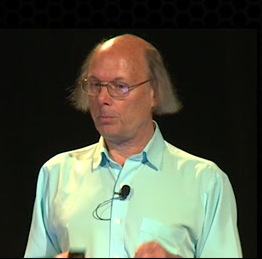 While we wait for CppCon 2015 in September, we’re featuring videos of some of the 100+ talks from CppCon 2014. Here is today’s feature:
While we wait for CppCon 2015 in September, we’re featuring videos of some of the 100+ talks from CppCon 2014. Here is today’s feature:
Elevate Your Code to Modern C++11 with Automated Tooling
by Bjarne Stroustrup
Summary of the talk:
C++ faces two challenges: Helping programmers address the most demanding tasks in terms of performance, scale, and dependability. It must also help programmers be productive writing ordinary maintainable code. There is much more "ordinary code" than there is performance-critical code. Thus, C++ must make simple tasks simple while not getting in the way of tuning software for the last byte and last cycle where that's necessary. This talk focuses on what C++11 and C++14 offers to simplify programming: auto, range-for loops, move semantics, futures, concepts, and more. However, the focus is not primarily on language features: the key is programming: how can we write better, more readable, efficient, and more maintainable code? If you think that the essence of C++ is clever pointer manipulation and huge class hierarchies you may be in for a few surprises.

 This is the first episode of cppcast, the only podcast by C++ developers for C++ developers. In this first episode host Rob Irving interviews Jon Kalb about the state of the C++ Community.
This is the first episode of cppcast, the only podcast by C++ developers for C++ developers. In this first episode host Rob Irving interviews Jon Kalb about the state of the C++ Community.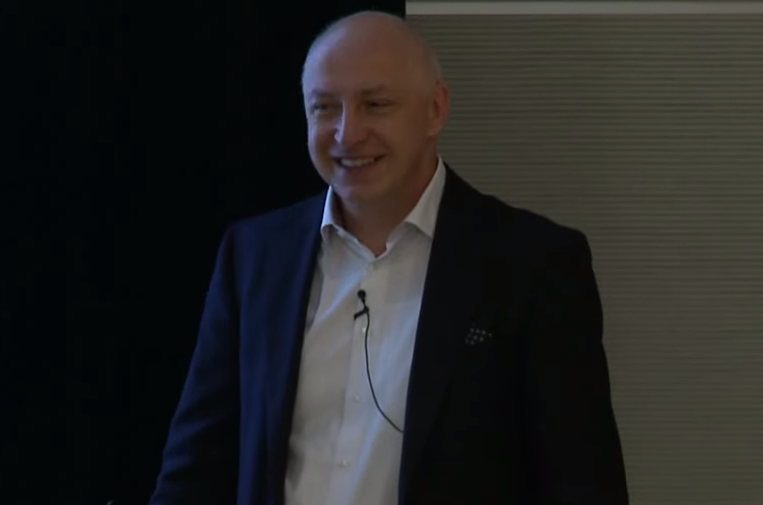 While we wait for CppCon 2015 in September, we’re featuring videos of some of the 100+ talks from CppCon 2014. Here is today’s feature:
While we wait for CppCon 2015 in September, we’re featuring videos of some of the 100+ talks from CppCon 2014. Here is today’s feature: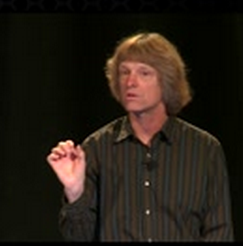 While we wait for CppCon 2015 in September, we’re featuring videos of some of the 100+ talks from CppCon 2014. Here is today’s feature:
While we wait for CppCon 2015 in September, we’re featuring videos of some of the 100+ talks from CppCon 2014. Here is today’s feature: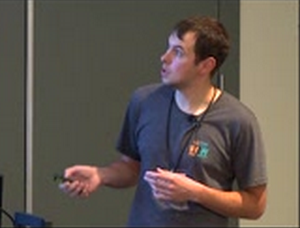 While we wait for CppCon 2015 in September, we’re featuring videos of some of the 100+ talks from CppCon 2014. Here is today’s feature:
While we wait for CppCon 2015 in September, we’re featuring videos of some of the 100+ talks from CppCon 2014. Here is today’s feature: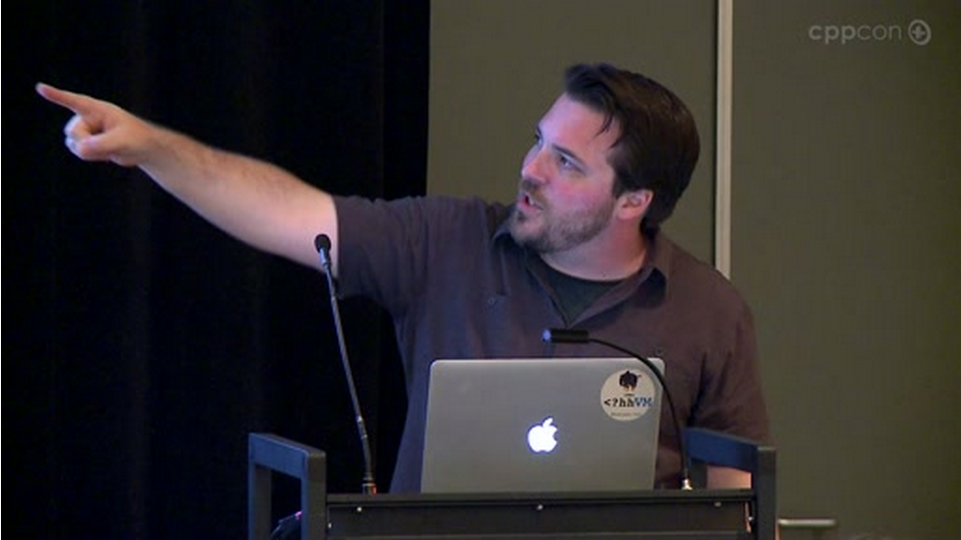 While we wait for CppCon 2015 in September, we’re featuring videos of some of the 100+ talks from CppCon 2014. Here is today’s feature:
While we wait for CppCon 2015 in September, we’re featuring videos of some of the 100+ talks from CppCon 2014. Here is today’s feature: While we wait for CppCon 2015 in September, we’re featuring videos of some of the 100+ talks from CppCon 2014. Here is today’s feature:
While we wait for CppCon 2015 in September, we’re featuring videos of some of the 100+ talks from CppCon 2014. Here is today’s feature: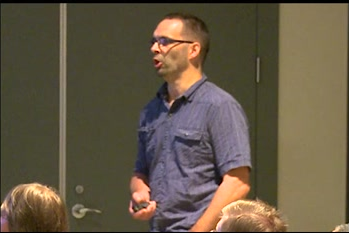 While we wait for CppCon 2015 in September, we’re featuring videos of some of the 100+ talks from CppCon 2014. Here is today’s feature:
While we wait for CppCon 2015 in September, we’re featuring videos of some of the 100+ talks from CppCon 2014. Here is today’s feature: